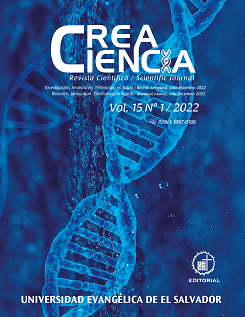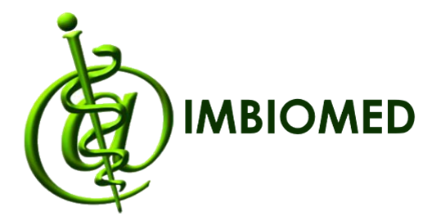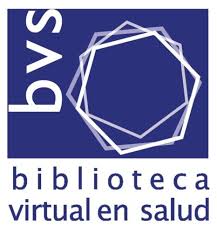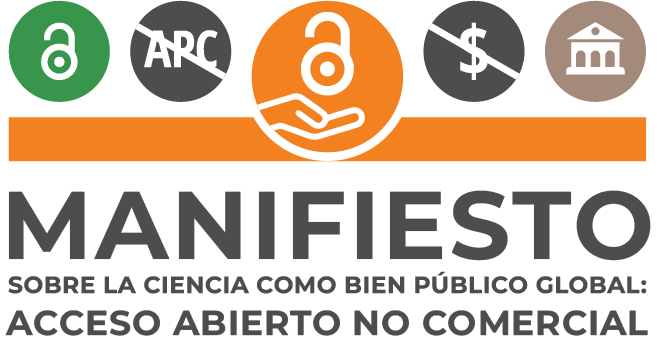Bioethics in transplantation and organ donation in El Salvador
DOI:
https://doi.org/10.5377/creaciencia.v15i1.15714Keywords:
bioethics, donation, El Salvador, transplantAbstract
Throughout history there have been codes to regulate human behavior. Currently, the area of medicine is one of the sciences that has and uses a greater number of codes of ethics. The beginning of the era of organ and tissue donation and transplantation has not been the exception. This era began in the middle of the last century and has been advancing rapidly;
however, it has not been exempt from being regulated by different legal and bioethical aspects. This essay covers the fundamental bioethical principles, such as autonomy, beneficence, non-maleficence and justice, around the donation and transplantation of organs and tissues in the context of El Salvador. Transplants have been performed in the country for 35 years, however, the current law only allows organ donation from living donors. With the new transplant law, bioethical principles will have to be reconsidered, so that the program is accepted by Salvadoran society. There are many challenges to meet from the bioethical point of view, so it is necessary to take examples of practices from other countries to adapt them to the current context of Salvadoran society.
Downloads
Published
Issue
Section
License
Copyright (c) 2022 Array

This work is licensed under a Creative Commons Attribution-NoDerivatives 4.0 International License.
Los artículos de Crea Ciencia están publicados en acceso abierto bajo una licencia CC BY-NC-SA 4.0 de la Universidad Evangélica de El Salvador.





















